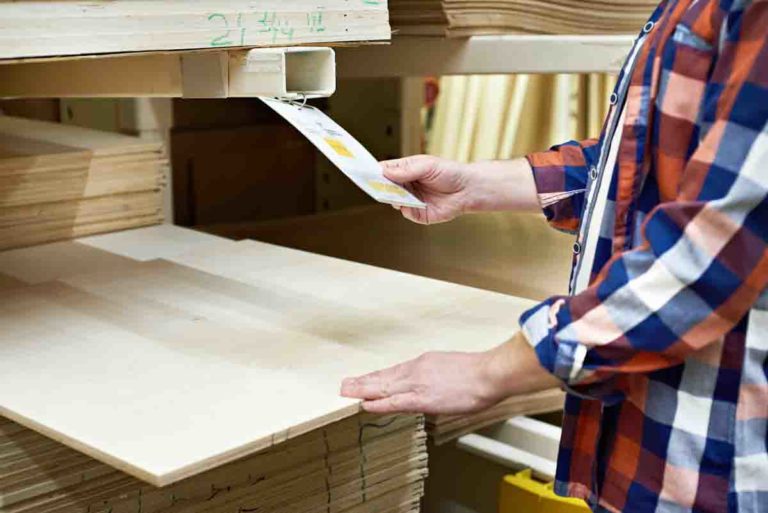
Every week it seems researchers uncover another potentially-useful application for hemp derivatives. Most recently, a team from Virginia Tech explored the use of hemp pectin — a strong-but-flexible plant fiber — as a modifying agent in the production of plywood and other types of lumber.
Methodology
Led by undergraduate senior Emilie Kohler, and based out of the College of Natural Resources and Environment, the research aimed to explore the various flow states of isolated pectin. Kohler is majoring in sustainable biomaterials science, and began looking at pectin in-part due to its wide availability.
Hemp production is at an all time high in the U.S. over the last five years, with companies finding more and more ways to take advantage of the many natural compounds the plant produces. In fact, the U.S. is growing so much hemp that the price of the product is dropping dramatically.
The jelly-like pectin is a common by-product of the manufacturing process. As of now most of it goes to waste when companies extract the cannabinoid-rich flowers. This makes it an extremely cheap material, and one found in abundance at most hemp farms.
Pectin also exists in several states naturally. As Kohler explained, hemp pectin is low in the chemical formation methoxyl, which is a methyl chain bound to an oxygen molecule. In this low methoxyl state, the pectin works almost like an adhesive. It also does not require sugar or acid in order to turn into gel as intended.
It is this low methoxyl pectin that became the focus of Kohler’s research. And while the results of the data are still being determined, Kohler noted that their experiments showed real promise in the regards to the pectin offering tensile strength.
Kohler worked under professor Chip Frazier, who heads the Sustainable Biomaterials center at the Department of Sustainable Biomaterials. He is also the director of the Wood-Based Composites Center, and an expert on biomaterial processes.
Takeaways
The hemp industry as a whole exploded in size in 2018 when the U.S. federal government passed the Farm Bill. This groundbreaking piece of legislation reclassified hemp and hemp products as separate from cannabis. So, while many states still tightly regulate cannabis, companies could legally begin researching and selling hemp-derivatives.
Since then, in addition to the spread of cannabinoids such as delta 8 and CBD, researchers are exploring hemp as a natural ingredient for use in textiles, clothing, rope, and now wood.
Kohler’s field, that of sustainable biomaterials, is helping to lead that charge.
Make sure to check back for more cannabis, hemp, and psychedelic related news.